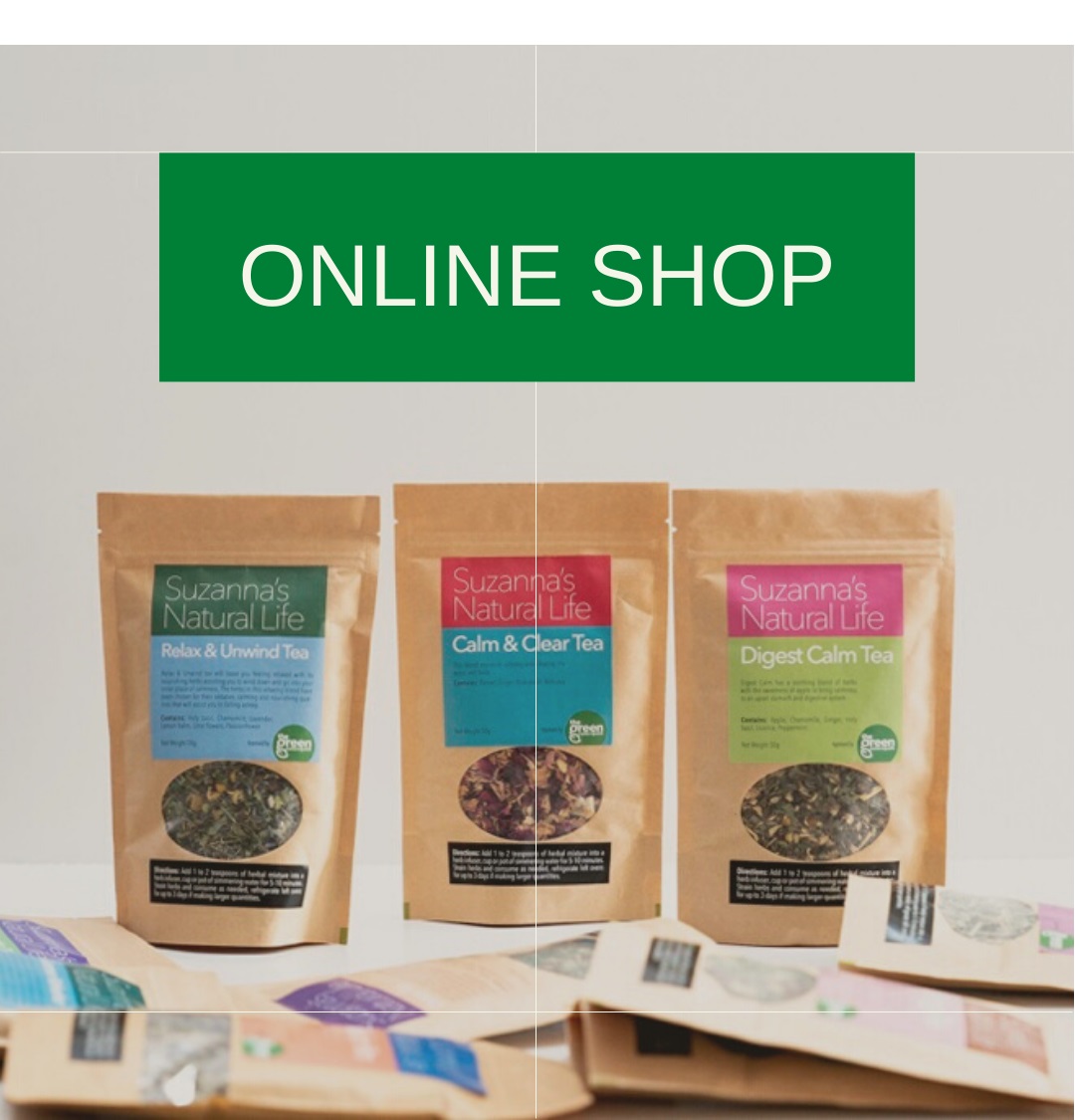
Echinacea for common cold and other potential applications
- Details
- On: 28 Sep 2020
- Written by SuzannaW

Medical advancements constantly change, but herbal medicines remain as a powerful ally of our nutrition, health, and wellbeing. Echinacea is a clear example of how a traditional North American herb can outperform some drugs to treat the common cold, one of the most elusive ailments known to man.
What exactly does Echinacea do and what else can we expect from this promising natural remedy?
Echinacea vs. common cold
The most consistent scientific evidence about Echcinacea comes from patients with common cold and other respiratory conditions. We have all sorts of results, some of them showing that Echinacea reduces the chance of catching a cold. Others would show that Echinacea reduces the severity and duration of symptoms. The results are always favorable, and it is a promising natural herb without the side effects.
Why is Echinacea favorable against common cold? The exact reason is unknown, but it probably has to do with a combination of phytonutrients. This herb as substances known as glycoproteins that show an active role in the immune system. As a result, white blood cells and natural immunity is expected to rise as the anti-inflammatory effects make you feel better and help you controlling your symptoms.
Other interesting applications
Common cold and respiratory infections are the most common application of Echinacea, but not the only ones. There are clinical trials and a promising role of Echinacea to solve or prevent other ailments:
- Inflammatory disease: We mentioned Echinacea is anti-inflammatory. This is not only helpful to reduce the symptoms of common cold without Tylenol. It may also help patients reduce their cardiovascular risk and the severity of chronic inflammatory disease.
- Fungus infections: Echinacea shows antifungal activity against common yeasts such as Candida albicans and other Candida species. It stimulates human macrophages to swallow and destroy yeasts, helping you control this type of infections naturally.
- Anti-cancer effects: There are certain clinical trials evaluating the effect of Echinacea for liver cancer, colorectal cancer, and other types. It is an immune-stimulating, and helps patients produce more natural killer cells and other white blood cells that contribute to eradicate cancer.
As you can see, the majority of health effects have to do with the immune system. What Echinacea does is helping you achieve a better immune function while preventing the side effects of inflammation and an overactive immune system.
Is it safe to use?
As expected of a herbal remedy, Echinacea does not hold major safety concerns. The only side effects that may show up include allergic reactions, and none of them have reported to be severe. No overdoses have been reported, and the only groups of patients that should avoid using Echinacea include patients with multiple sclerosis, tuberculosis, and other chronic diseases mediated by the immune system.
Keep in mind the importance of talking to your doctor if you’re planning to use Echinacea or any other natural supplement. Remember most of them should be treated as complementary medicine, and physicians are usually open to considering natural remedies as long as it won’t affect the metabolism or excretion of the drugs you’re currently using in your day-to-day.
“The human body has been designed to resist an infinite number of changes and attacks brought about by its environment. The secret of good health lies in successful adjustment to changing stresses on the body.” – Harry J. Johnson
MEDICAL DISCLAIMER
This content is for informational and educational purposes only. It is not intended to provide medical advice or to take the place of such advice or treatment from a personal physician. All readers/viewers of this content are advised to consult their doctors or qualified health professionals regarding specific health questions. The Green Naturopath takes no responsibility for possible health consequences of any person or persons reading or following the information in this educational content. All viewers of this content, especially those taking prescription or over-the-counter medications, should consult their physicians before beginning any nutrition, supplement or lifestyle program.



